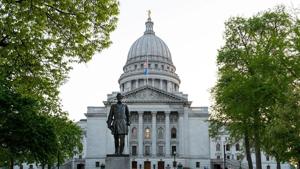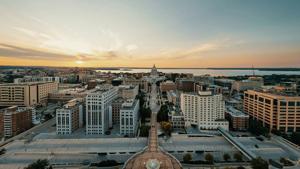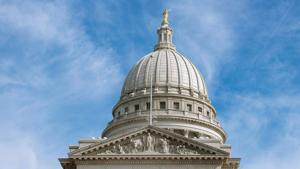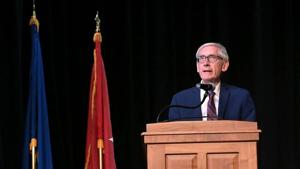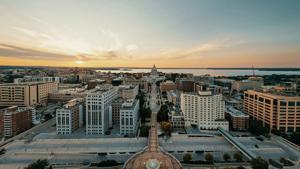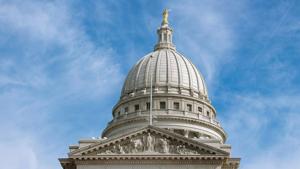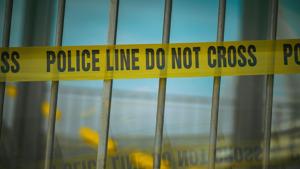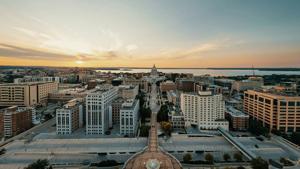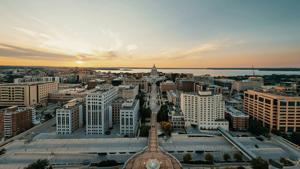(The Center Square) – Wisconsin has collected 4.9% more in general purpose revenue taxes and fees through November compared to the year before, according to recently released numbers from the Wisconsin Department of Revenue.
The increased collections come as Wisconsin is in the first year of a $114.2 billion two-year budget that is projected to spend down the state’s budget surplus to $770.5 million by June 30, 2027.
The surplus was $4 billion heading into the two-year budget.
The November numbers showed that sales tax collections were up 4.9% over the start of the fiscal year from the year before while income tax collections were up an adjusted 6.5%. Income and sales tax represent nearly $7 billion of the $8 billion collected by the state for the fiscal year through November.
The increased collections come as state lawmakers continue to look at income tax cuts, including cutting state income tax on overtime to match a federal government executive order and Gov. Tony Evers’ push to send $1 billion in state tax funds to local governments that agree to freeze property tax levies.
